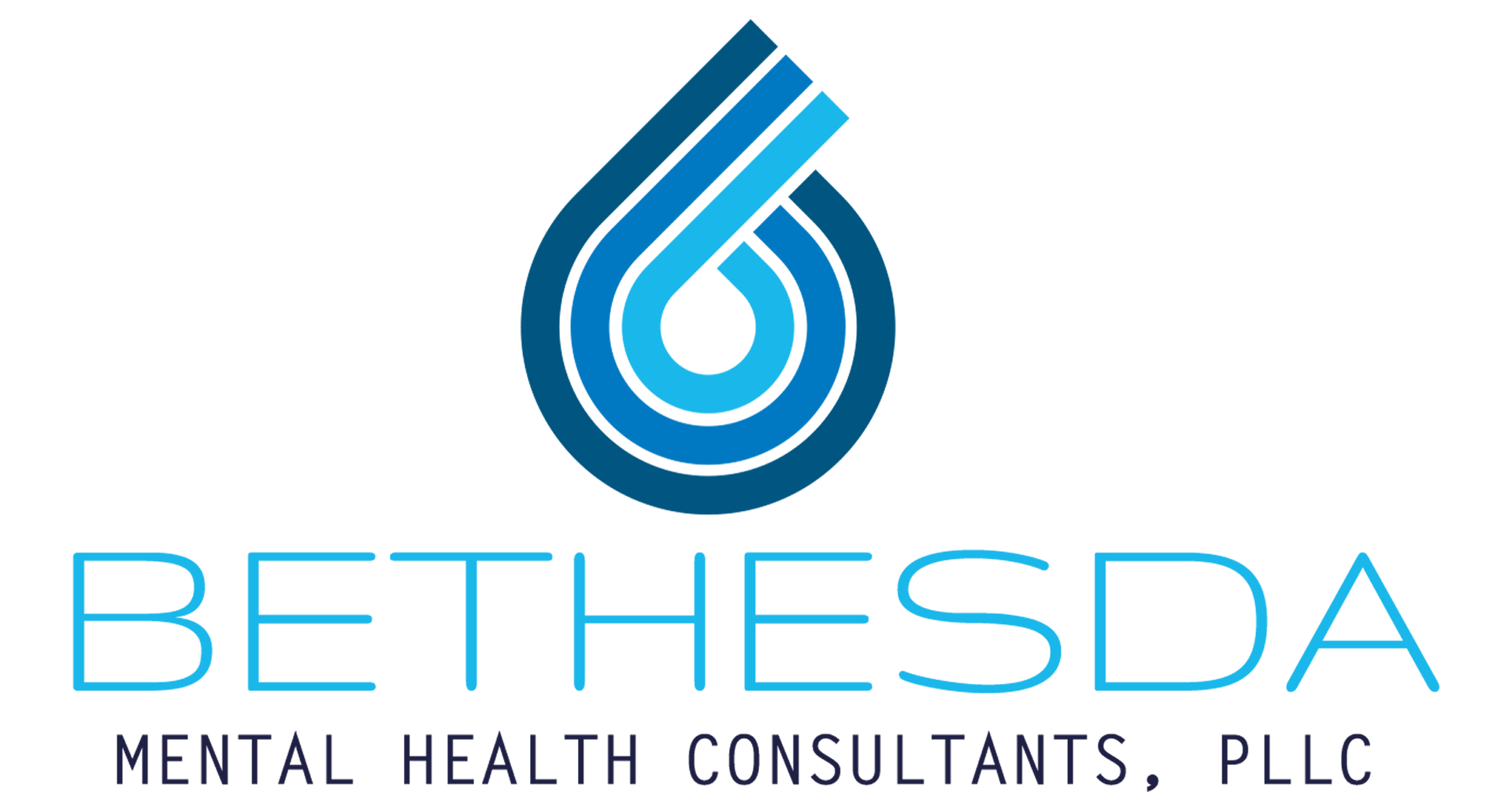Bipolar II Disorder
Understanding Bipolar II Disorder: A Comphrehensive Guide to Recognizing and Addressing Hypomanic Episodes
Bipolar II Disorder is a mental health condition outlined in the Diagnostic and Statistical Manual of Mental Disorders, Fifth Edition (DSM-5), characterized by recurring episodes of depression and hypomania. It’s essential to grasp the symptoms of both hypomanic and depressive episodes to identify warning signs and prompt action for treatment.
Hypomanic Episode
A hypomanic episode is a distinct period of abnormally and persistently elevated, expansive, or irritable mood lasting at least four consecutive days. Here are key signs and symptoms to be mindful of:
- Increased Energy: Feeling unusually energetic or restless.
- Elevated Mood: Experiencing heightened feelings of happiness or euphoria.
- Racing Thoughts: Thoughts moving quickly from one idea to another.
- Increased Activity: Engaging in numerous activities with vigor.
- Decreased Need for Sleep: Feeling well-rested with reduced sleep.
Depressive Episode
A depressive episode involves persistent feelings of sadness, hopelessness, or loss of interest in activities, lasting at least two weeks. Symptoms may include:
- Persistent Sadness: Feeling down or hopeless for an extended period.
- Loss of Interest: Losing interest in activities once enjoyed.
- Changes in Appetite or Weight: Significant changes in eating habits or weight.
- Fatigue: Feeling tired or lacking energy.
- Difficulty Concentrating: Struggling to focus or make decisions.
Seeking Treatment
Recognizing the signs of hypomanic and depressive episodes is crucial for early intervention and effective management of Bipolar II Disorder. If you or a loved one are experiencing these symptoms, seeking help from a mental health professional is vital.
Treatment approaches may include therapy, medication, lifestyle adjustments, and the development of support systems to navigate the challenges posed by Bipolar II Disorder. Remember, reaching out for support and treatment is a proactive step towards enhancing well-being and managing the condition effectively.

Bethesda Mental Health Consultants
